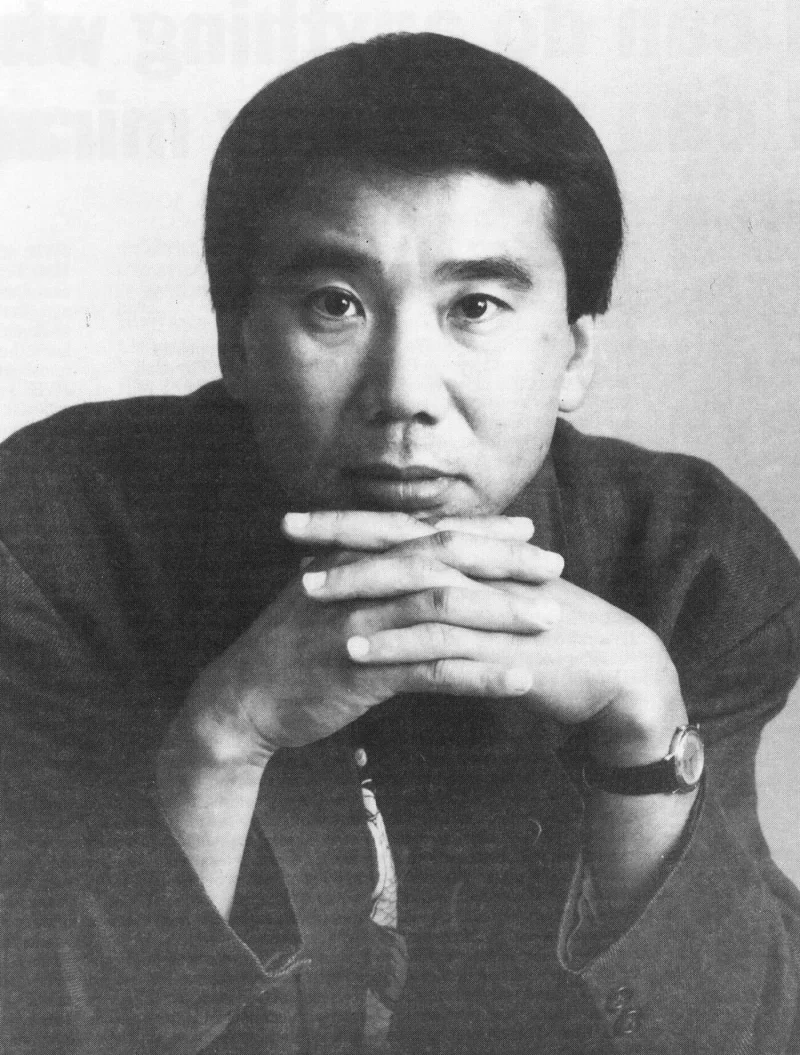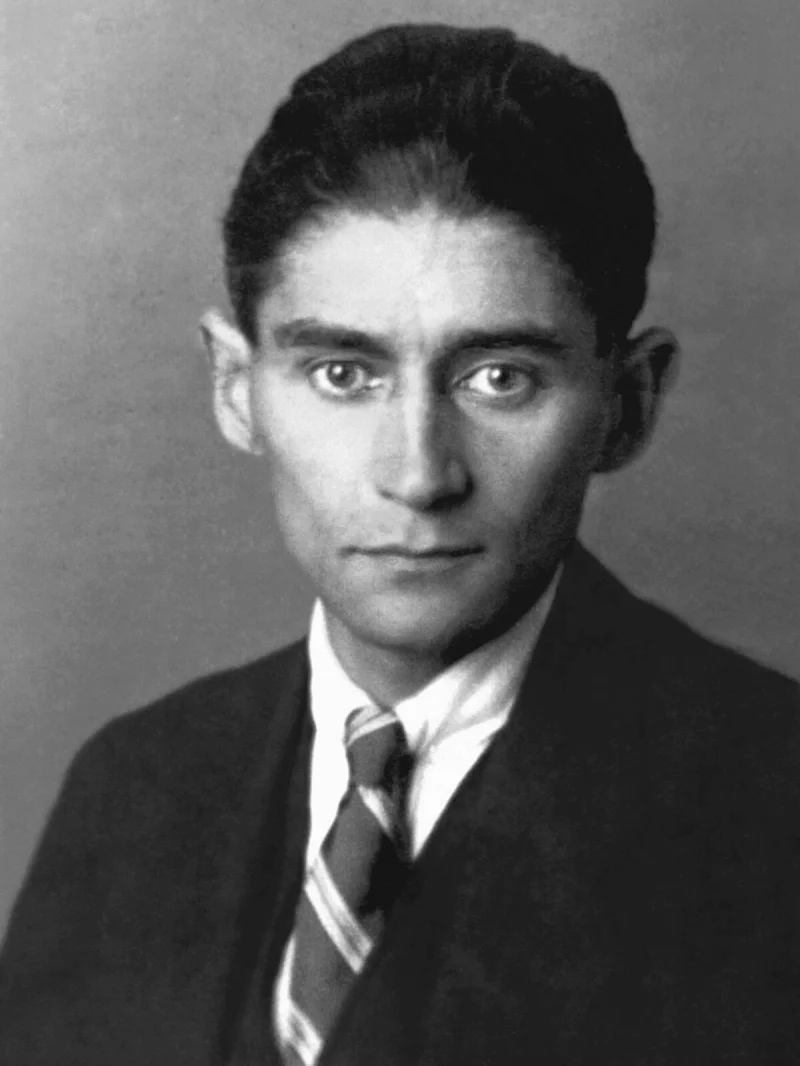Short Summary
Haruki Murakami is a renowned Japanese author celebrated for his unique blend of magical realism and contemporary fiction. His works, which often explore themes of loneliness, existentialism, and surrealism, have earned him international acclaim and a devoted global readership. Some of his most notable novels include "Norwegian Wood," "Kafka on the Shore," and "1Q84." Murakami's literary style and thematic depth have cemented his status as a significant figure in modern literature.
Early Life & Education
Born on January 12, 1949, in Kyoto, Japan, Murakami grew up in a household imbued with a love for literature. His parents were both educators who taught Japanese literature, which greatly influenced his early life. He spent most of his childhood in Kobe, a city with a diverse cultural atmosphere, allowing him exposure to Western literature and music. Murakami attended Waseda University in Tokyo, where he studied drama. During his university years, he developed a keen interest in Western culture, particularly jazz, which later became a significant influence in his writing.
Career Highlights
Murakami's literary career began with the publication of his first novel, "Hear the Wind Sing," in 1979, which won the Gunzo Award for New Writers. This marked the start of the "Trilogy of the Rat," which includes "Pinball, 1973," and "A Wild Sheep Chase." His breakthrough came with "Norwegian Wood" in 1987, which became a bestseller in Japan and established him as a prominent author. Throughout his career, Murakami has received numerous awards and nominations, including the Franz Kafka Prize and the Jerusalem Prize, demonstrating his global impact and literary significance.
Major Achievements
- Won the Gunzo Award for New Writers with his debut novel, "Hear the Wind Sing."
- "Norwegian Wood" became a cultural phenomenon in Japan, selling millions of copies.
- Received the World Fantasy Award for "Kafka on the Shore."
- Awarded the Jerusalem Prize for the Freedom of the Individual in Society in 2009.
- His novel "1Q84" was shortlisted for the Man Asian Literary Prize in 2011.
Famous Quotes
- "If you only read the books that everyone else is reading, you can only think what everyone else is thinking."
- "Pain is inevitable. Suffering is optional."
Interesting Facts
- Murakami ran a jazz bar named "Peter Cat" before becoming a full-time writer.
- He is an avid marathon runner and has completed several marathons worldwide.
- His works often feature references to classical music and jazz.
- Murakami translates English literature into Japanese, including works by F. Scott Fitzgerald and Raymond Carver.
- He wrote his first novel at the age of 29 after a sudden inspiration while watching a baseball game.
Legacy / Influence
Murakami's influence extends beyond literature, affecting popular culture and inspiring new generations of writers. His distinctive narrative style, blending surreal elements with profound human emotions, has expanded the boundaries of contemporary fiction. His works have been translated into numerous languages, allowing his themes of alienation and existential inquiry to resonate globally. Murakami's contribution to literature continues to inspire readers and writers worldwide.
FAQ
Q: Why is Haruki Murakami famous?
A: He is famous for his unique literary style that blends magical realism with contemporary themes, and for his internationally acclaimed novels like "Norwegian Wood" and "Kafka on the Shore."
Q: What are some common themes in his work?
A: His work often explores themes of loneliness, existentialism, and surrealism.
Q: What is Murakami's writing process like?
A: He is known for his disciplined routine, writing early in the morning and incorporating his love for long-distance running into his daily schedule.












